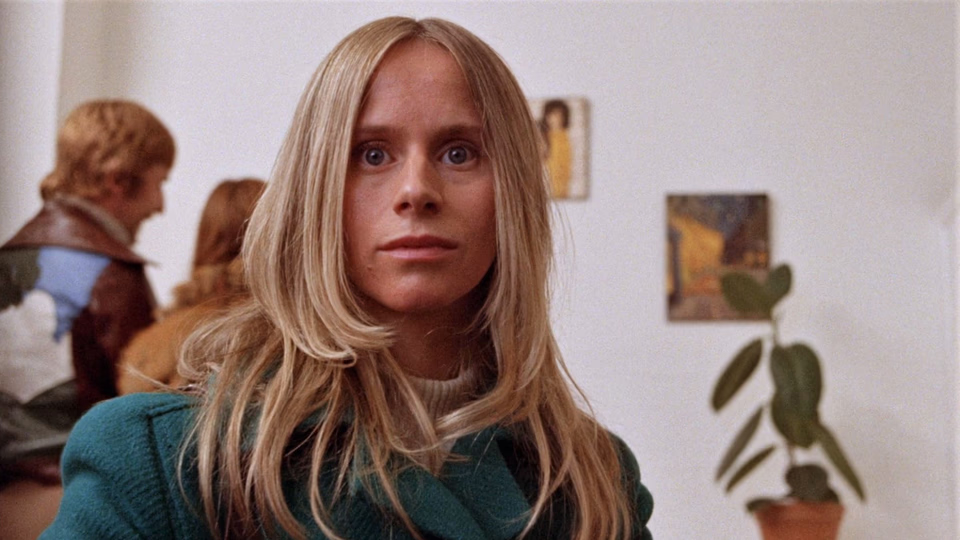Straight on Till Morning

When is a Hammer movie not a Hammer movie?
In 1971, Hammer was trying to capture a new generation of movie-goers. Though they’d had a string of contemporary female-led films dating back to 1961’s Scream of Fear, those were all done by Hammer’s usual creatives.
For Straight on Till Morning, they recruited new stars, a new screenwriter in John Peacock, and a new director in Peter Collinson, who’d previously helmed The Italian Job.
While Hammer’s prior “woman-in-danger” pictures had been Hitchcockian-style thrillers, this plays more like a dark fairytale, an aspect emphasized by our lead’s voice-over narration of the children’s stories she writes.
The problem is, like a fairy tale, the characters feel manufactured.
The plot follows Brenda, played by Rita Tushingham, a young woman who, after learning she’s pregnant, moves from Liverpool to London. Seeking a father for her baby, she sets her eyes on androgynous pretty-boy Peter, played by Shane Briant, who, unbeknownst to her, is a serial killer.
Brenda is a woman-child. She’s self-centered, talks too loud, and proves oblivious to other people’s feelings. Consider the painfully awkward scene with her at a party trying to chat up a coworker. She keeps engaging, loudly asking questions despite his curt one-word replies and incessant ogling of her roommate. Normal behavior for a child, but grating in a twenty-something woman.
Opposite her, Peter is a faux sociopath. He murders his dog but then sits crying, holding the body. He proffers more tears later, when Brenda learns his true nature. His recording of his murders on a reel-to-reel tape machine evokes comparisons to Michael Powell’s Peeping Tom, but Peter lacks Powell’s killer’s menace. We believe him capable of killing because only the script has him do so. He lacks any inherent danger.
Likewise, the story lacks any meaning. Fairy tales are folklore, using fantastical elements to tell a resonant story. Straight on Till Morning feels more like a cynical deconstruction, intending to portray the princess archetype as naive and the prince archetype as predatory. Fair enough, but the story around the deconstructed characters still has to resonate. With no one to care about, why are we watching?
Despite these fundamental issues, the performers shine. Tushingham had an established career playing naive young women in over their heads, and convinces as Brenda. Then-newcomer Briant equally convinces and holds his own against the more seasoned cast.
On the production side, the film captures the atmosphere of 1970s London and makes terrific use of the brutalist South Bank architecture, but often leverages a jarring editing style—cutting and zooming between disjointed scenes. I suspect this was another attempt to “modernize” the production, but the effect is about as pleasant as a record scratch.
So, while I can appreciate Hammer’s desire to branch out, the resulting film kept me at arm’s length. The contrived characterization prevents any empathy for Brenda, just as Briant’s lack of edge robs the film of any vicarious thrills. It plays as a tedious romance between two unlikable characters. Add in Collinson’s editing and the result becomes an exercise in patience.